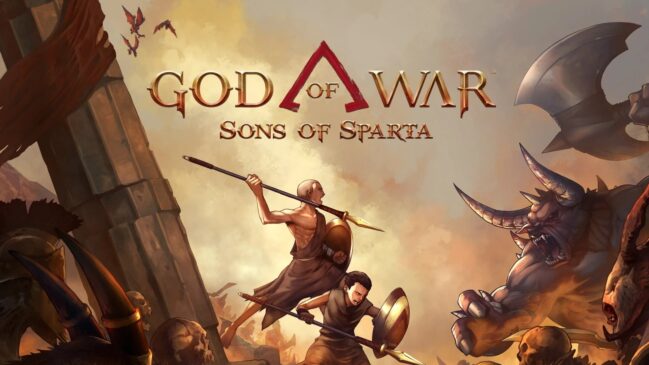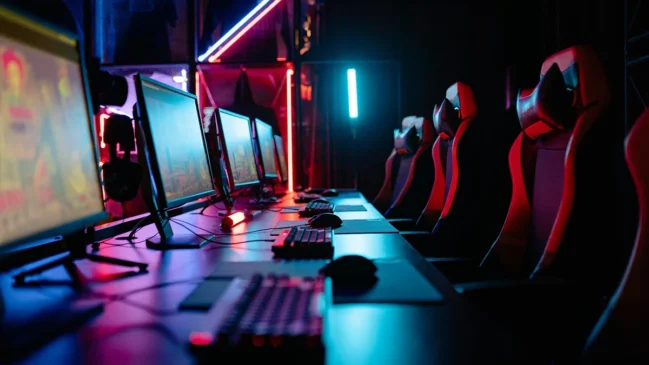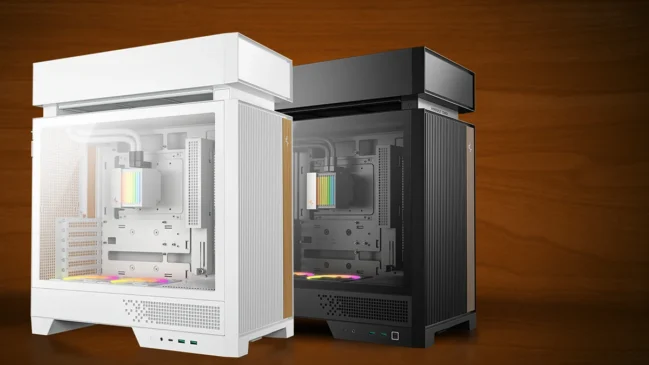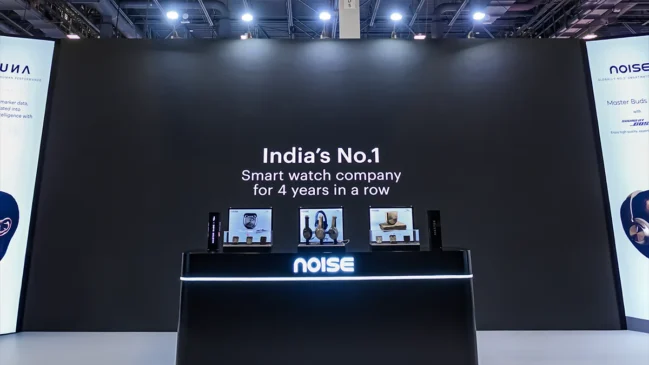
It’s hard to exist for a game to exhibit certain characteristics in gameplay, and worldbuilding similar to the souls game without being compared to the death to the aforementioned “inspiration”. Difficulty as a selling point is an art that has been mastered by Miyazaki’s Souls series but very few have managed to even come close to understanding what makes the souls game such a guilty pleasure. Most games tend to just pile on the difficulty for the sake of it, others blatantly try to copy the cryptic lore and atmosphere that the Souls games are known for, and yet others try desperately to put their own spin on the formula and fail. After all, when you try to live up to a game that spawned an entire genre of games, it’s going to be a rather uphill battle.
AT A GLANCE
Release Date: 18 August 2020
Developer: Cold Symmetry
Publisher: Playstack
Genre: Action role-playing game
Platforms: PlayStation 4(Reviewed), Xbox One, PC
There are times when some games manage to create their own unique experiences, and rather than being engulfed by the formidable Souls influence, they manage to create something of their own. And by carving a new identity for themselves, these games are some of the most memorable gaming experiences that I have ever had.
Mortal Shell is one of those games. It’s a game that drips with the Soulsborne influence, from the gameplay to the lore, to the cryptic delivery of the story. But by tweaking some of the core mechanics that we have come to accept as staples of the genre, Mortal Shell manages to deliver an experience that is both fresh, yet nostalgic.
Gameplay
Mortal Shell does not have any character creation or traditional class system, instead you play as a Foundling that is capable of inhabiting shells. These shells have unique capabilities and skillsets and allow you to change your playstyle to suit your needs. You don’t spend XP to unlock skills directly, instead, you have to spend Tar and Glimpses to learn more about your shell. You can choose to play as the Foundling and not claim any shells, increasing the difficulty greatly as the Foundling can take only one hit before dying. You are also cast out of your shell if you take too much damage, at which point you can escape and try to reclaim your shell. If you die a second time, you are sent back to the last checkpoint and lose all your tar.
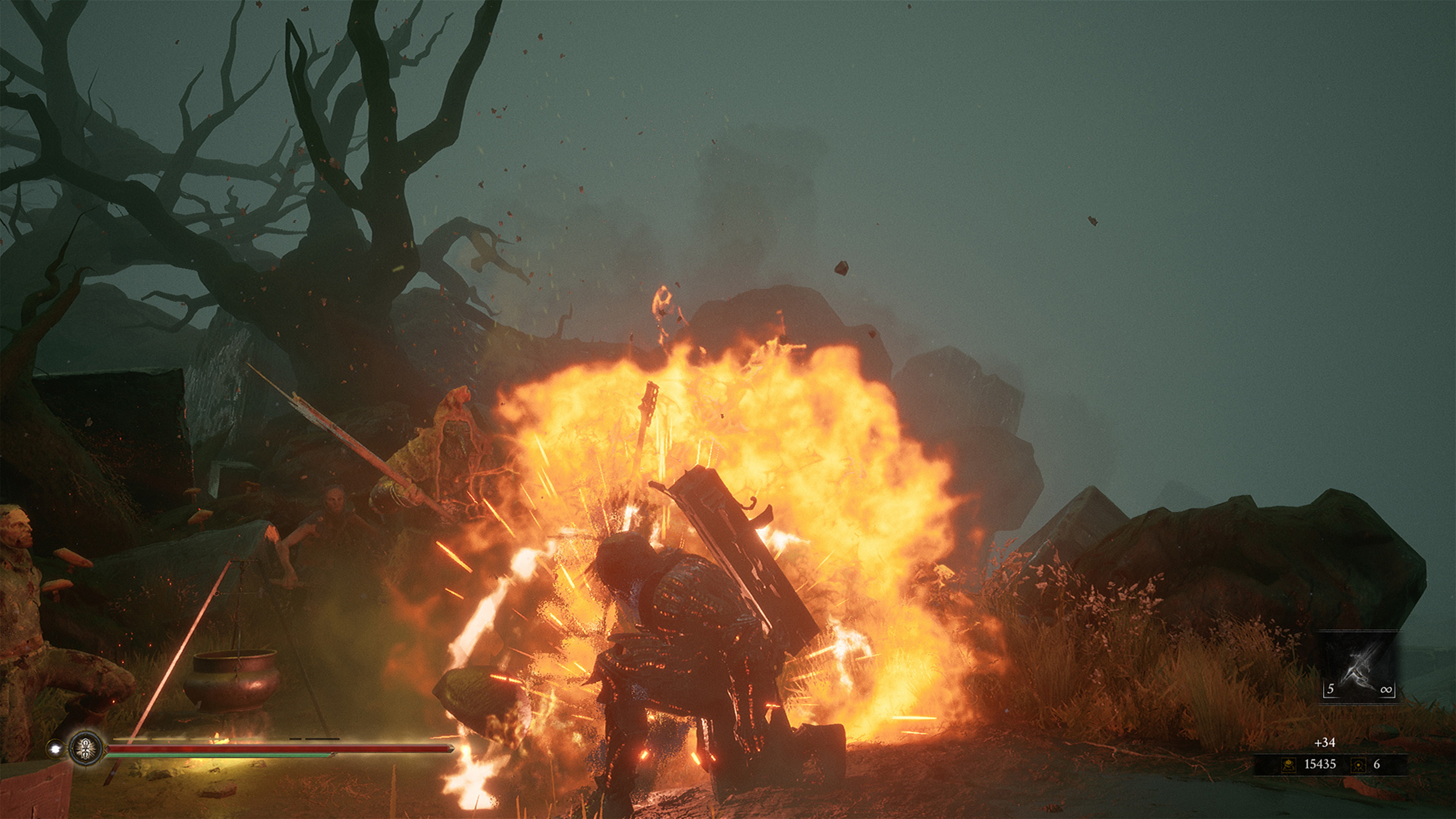
In terms of combat mechanics, it’s similar to other traditional souls-like games. There is a light attack and strong attack, and you can evade as well as parry enemy attacks. However, instead of a block mechanic, you can harden your body, literally turning into stone. This allows you to straight-up absorb the enemy’s attacks, and then retaliate when they are vulnerable. While this might at first seem simple and overpowered, you cannot spam it, as it has a cooldown and it’s vital that you time your hardening to exploit the enemy’s attack pattern.
The combat itself feels very, very good. Since it lacks a traditional leveling system, knowledge is power, and therefore, memorizing enemy attack patterns is essential to success. The mobility of your character feels fluid enough but packs in a sense of weight behind every move and every attack you deal feel impactful and well represented. Added to the pressure of knowing your enemy is the need to know the terrain that surrounds, as there are traps and ambushes waiting at every corner. One wrong move could spell the end for you.
There is also no reliable source of healing except for certain items that you find in the world, the parrying mechanic, and reclaiming your shell. No estus flasks, and no health regeneration in safe zones for you. This might seem brutal, and it is, but once you get used to it, you will find yourself playing aggressive and fully utilizing the game mechanics to get out of tight spots. The game also pushes you to experiment and learn more about the world, with its familiarity mechanic, where you have to constantly use an item multiple times in order to know it’s true nature.
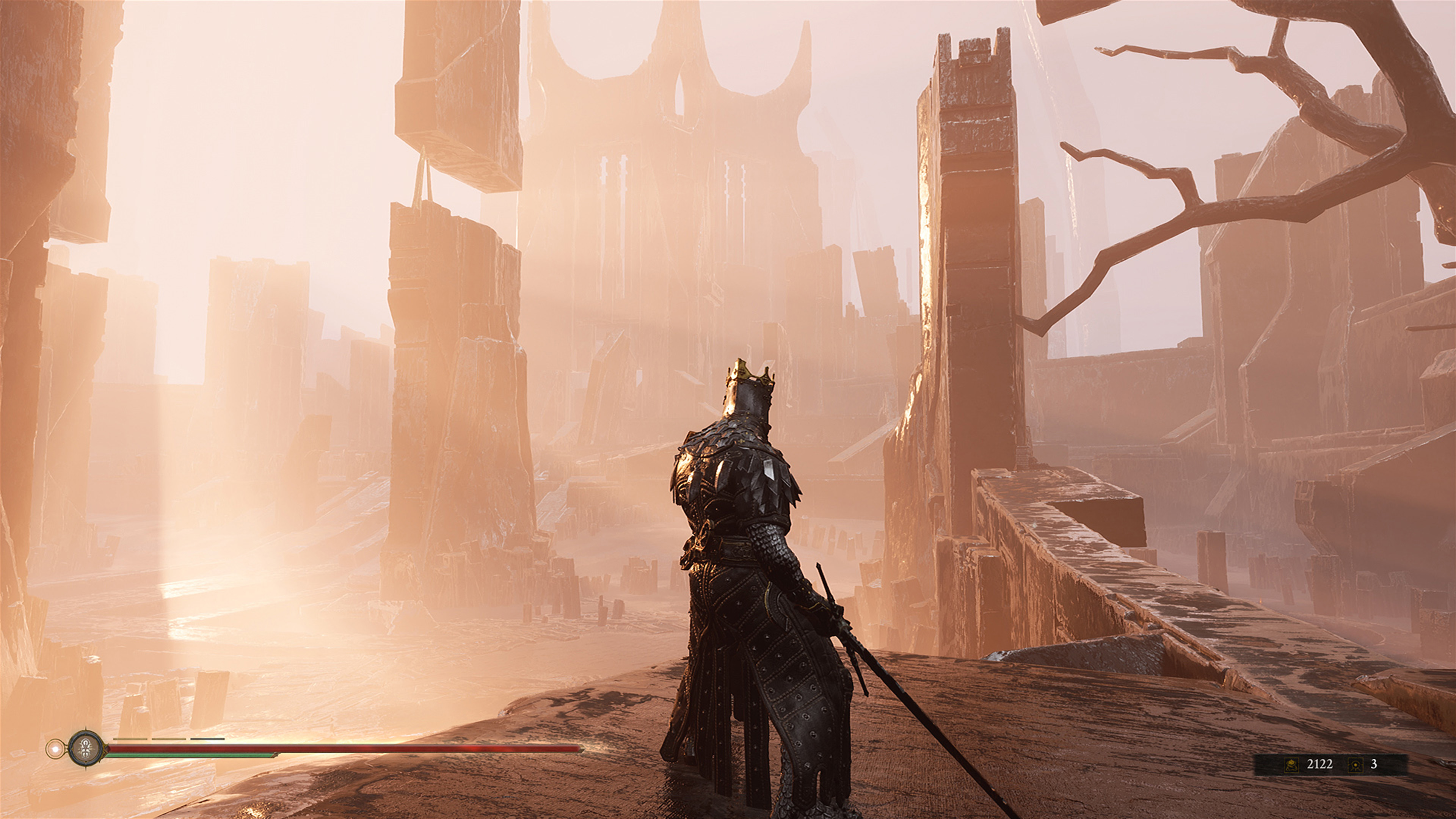
Mortal Shell’s weakest aspect is its map size, which is very very small for a souls-like. However, the dev team has properly utilized the small areas they have created by packing it with secrets, branching paths, and incredible attention to detail. It will take you around 10-15 hours at least to see half of what the game has to offer before you return back for an NG+ run. And you will be back because it’s impossible to see everything without resorting to an online guide. I often found myself stumbling into a cave that I completely missed in my first playthrough, a testament to the amount of content the developers have managed to pack into this game.
Story
If there’s one area Mortal Shell has copied From Software without any second thoughts, it’s the narrative. The way in which the story is told is very similar to the Souls games. There’s very little information given to you upfront and you must decipher the cryptic NPC dialogues, item descriptions, environmental storytelling, and loading screens to piece together what is going on.
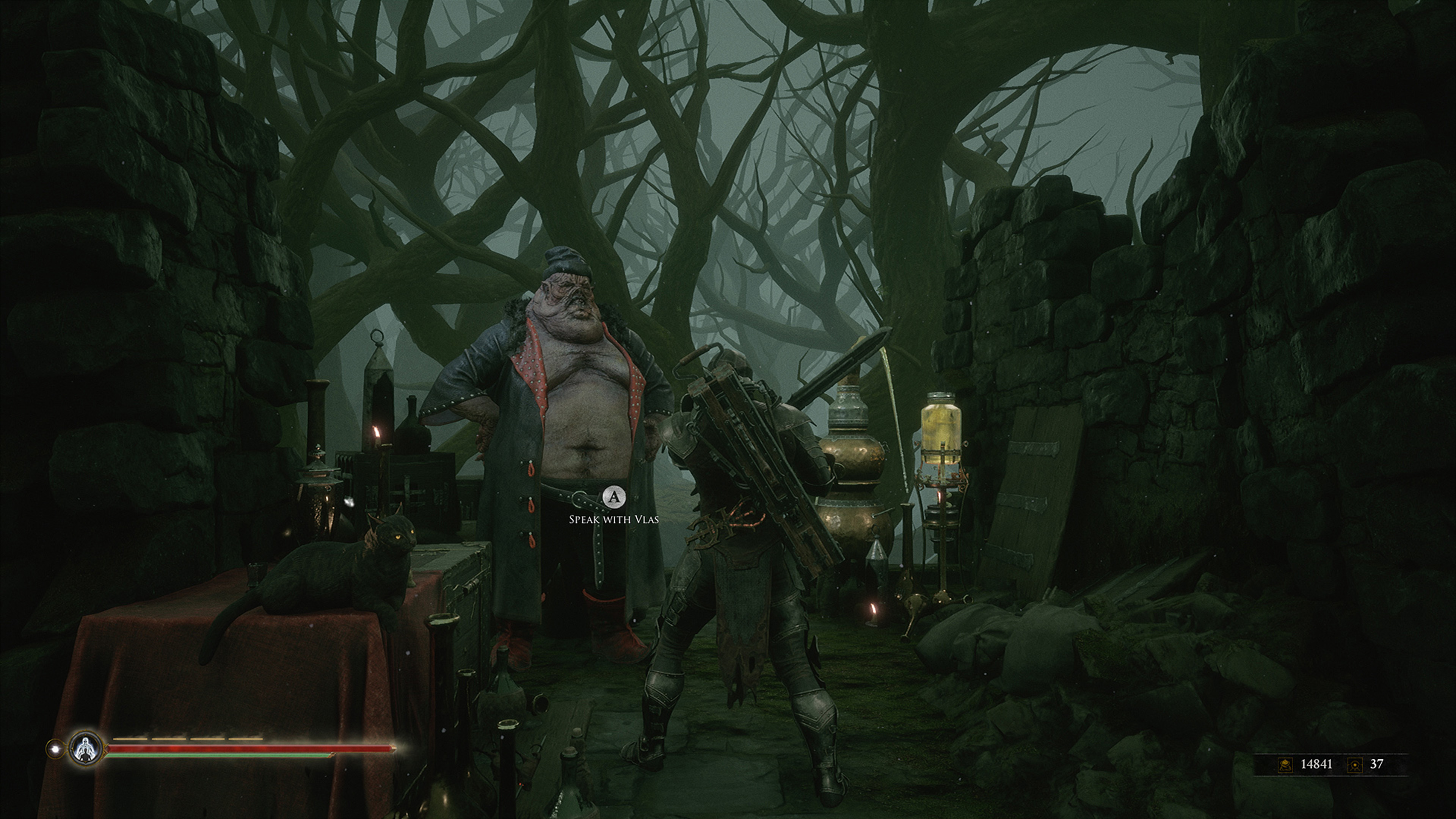
The worldbuilding and the atmosphere itself is excellent, and it takes inspiration from a lot of other gothic horror and eldritch literature. Those who take time to invest themselves in the game’s lore will be rewarded with a rich and satisfying experience.
Visuals and Audio
Mortal Shell is created using Unreal Engine 4, and it looks absolutely stunning. From the gorgeous and haunting environments to the excellent character design. The level of fidelity present in the game makes the game feel like a AAA offering and not something created by a small indie studio. The audio design is similarly well done and it is a big part of the immersion and absorbs you in the world of Mortal Shell.

